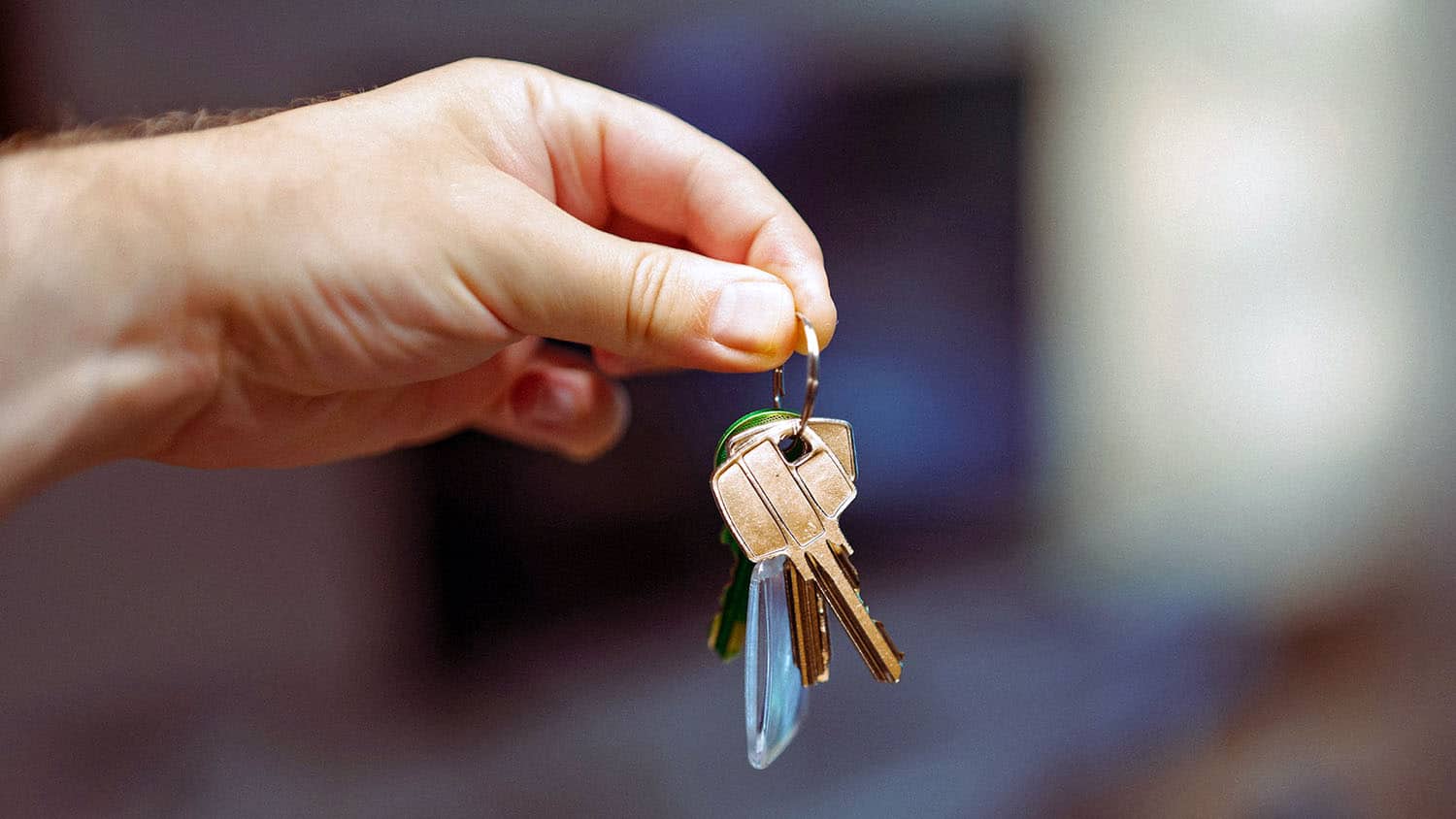For Immediate Release
Home-rental platforms like Airbnb are known to drive up housing costs, but a new study shows that doing a better job of collecting the taxes owed by these home rentals appears to slow the rise in home prices. The finding suggests that tax policy can help to mitigate rising home prices, particularly in areas where there are a lot of short-term rental properties.
“It’s well established that Airbnb rentals can drive up home prices, and that’s because a lot of homeowners who use Airbnb or similar services are not paying the taxes that they’re supposed to,” says Jared Smith, co-author of a paper on the work and an associate professor of finance in North Carolina State University’s Poole College of Management.
“For example, hotels have to pay taxes imposed by local governments on short-term rentals,” Smith says. “Airbnb hosts are supposed to do this as well, but previous research tells us that as many as 75% of hosts aren’t paying those taxes. That makes being an Airbnb host particularly profitable. This drives up property prices by effectively encouraging people to purchase homes specifically to put them on the short-term rental market. The increased competition makes those properties more expensive for people who are seeking to rent or purchase a long-term home.
“Our goal with this work was to determine whether tax policy can make a difference,” Smith says. “Specifically, we wanted to examine whether having companies that oversee short-term home rentals – like Airbnb – collect relevant taxes right off the top would help slow the rise in home prices.”
For the study, researchers focused on Florida, where taxes are largely levied at the local level. Coupled with the fact that Florida garners a lot of tourist visitors, this made the state a good source of data that would allow researchers to assess the impact of local Airbnb tax collection efforts.
The researchers collected county-level tax data from all 67 Florida counties for the years 2012-2019. Between 2015 and 2019, 41 Florida counties adopted tax enforcement agreements with Airbnb, in which Airbnb collects the taxes directly from the hosts who are renting the homes. In the remaining 26 counties, hosts are responsible for paying the taxes.
“In other words, by 2019, 41 counties had rules in place with Airbnb that meant the company collected 100% of the taxes that were due on Airbnb rentals,” Smith says. “We used statistical approaches that allowed us to account for confounding variables and compare changes in both property prices and residential rent costs across all 67 counties. We refer to the combination of property price and rent costs as ‘housing costs.’”
The researchers found that housing costs went up in every county. But housing costs in counties that did not have Airbnb tax enforcement agreements went up 1.6 to5.8% more than housing costs in counties that did have tax enforcement agreements. And the effect of the tax enforcement agreements varied according to the size of the housing unit.
“Essentially, the bigger the housing unit, the more pronounced the effect,” Smith says. “For example, a one-bedroom apartment might have seen housing prices rise by an additional 1.6%, whereas a four-bedroom home would likely have seen a rise closer to 5.8%.
“In short, our findings suggest that implementing tax enforcement agreements with the companies that oversee the short-term rental industry could make a significant impact in slowing the rise of housing costs,” Smith says.
“This has two very real benefits. First, many parts of the country have been seeing skyrocketing housing prices, putting significant stress on both renters and homebuyers. This could help with that. Second, it guarantees that hosts will comply with existing tax requirements by removing the possibility of tax evasion, which is good news for the coffers of local governments and the services they provide.”
The paper, “Better Tax Enforcement Moderates Airbnb’s Pressure on Housing Costs,” is published in the Journal of Financial and Quantitative Analysis. The paper was co-authored by Jesse Ellis, the Alan T. Dickson Distinguished Professor of Finance at NC State; and by David Kenchington and Roger White, associate professors of accounting at Arizona State University.
-shipman-
Note to Editors: The study abstract follows.
“Better Tax Enforcement Moderates Airbnb’s Pressure on Housing Costs”
Authors: Jesse A. Ellis and Jared D. Smith, North Carolina State University; David G. Kenchington and Roger M. White, Arizona State University
Published: Sept. 13, Journal of Financial and Quantitative Analysis
Abstract: The growing popularity of home-sharing platforms such as Airbnb, partly fueled by hosts’ ability to evade local taxes and regulations, has been shown to elevate housing costs by reallocating long-term housing units to the short-term rental market. This study assesses whether enhanced tax enforcement can mitigate this trend. We analyze staggered tax collection agreements between Airbnb and Florida counties, wherein Airbnb collects taxes from the hosts directly. Using a difference-in-differences methodology, we find these agreements significantly slow the growth of housing costs, highlighting the importance of tax policy in addressing the sharing economy’s influence on housing affordability.



